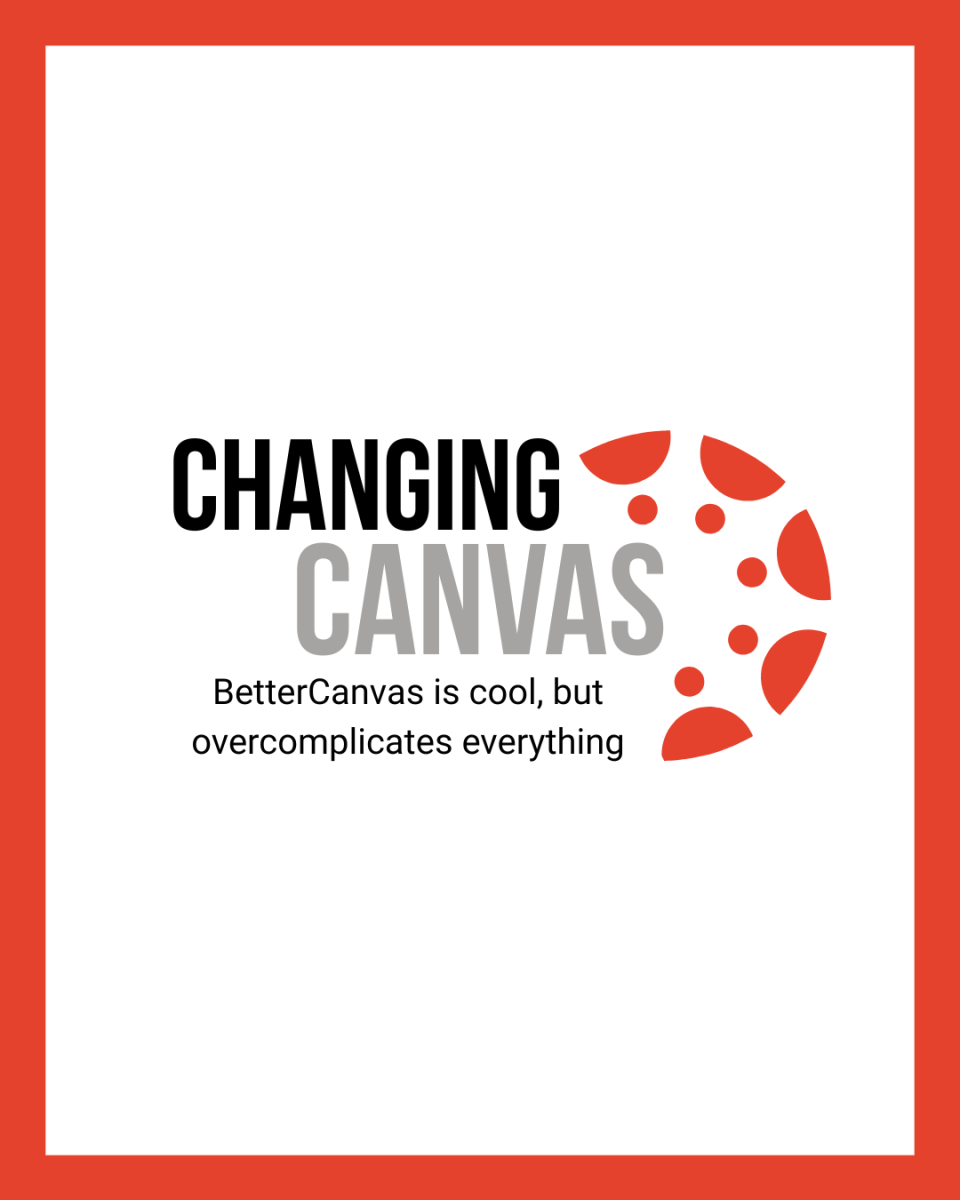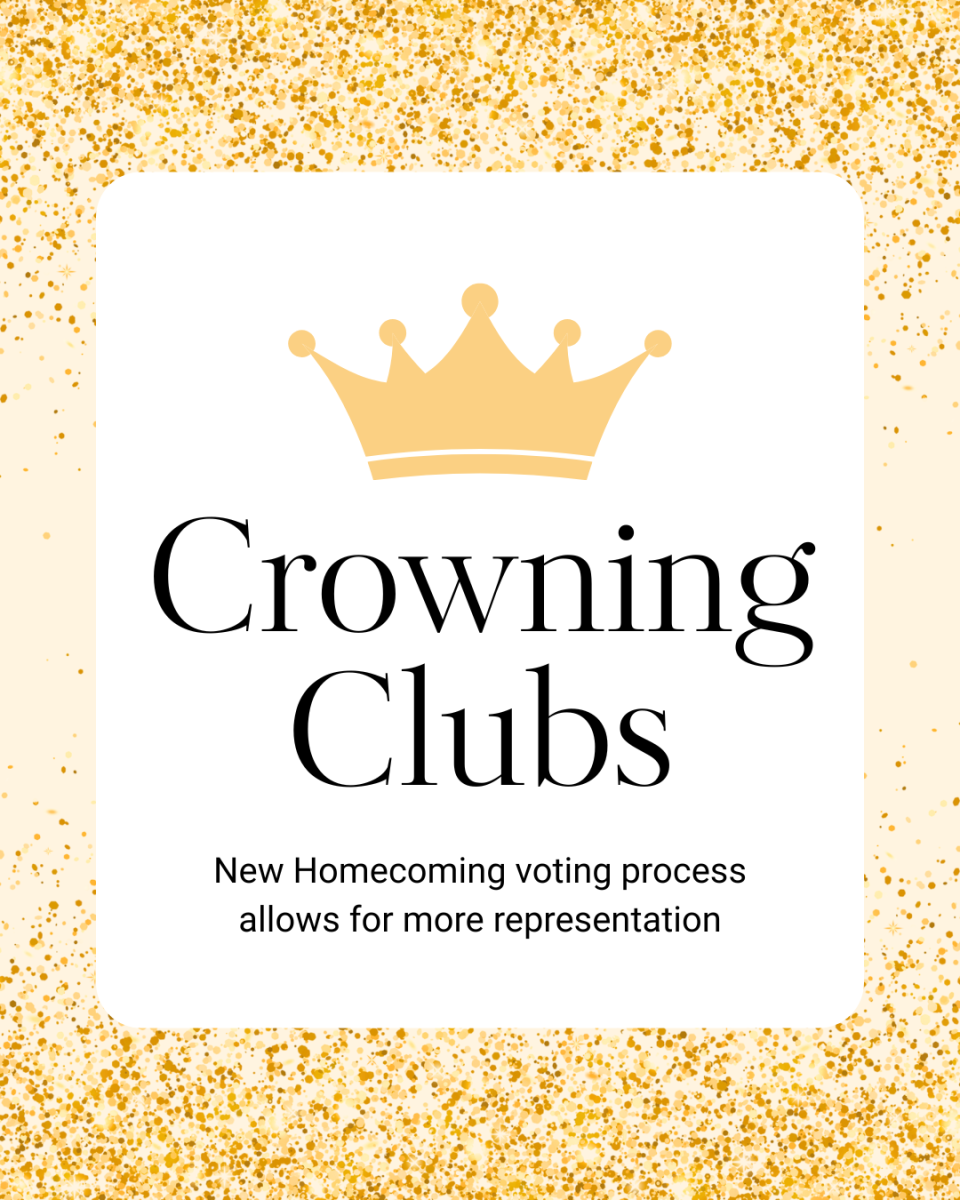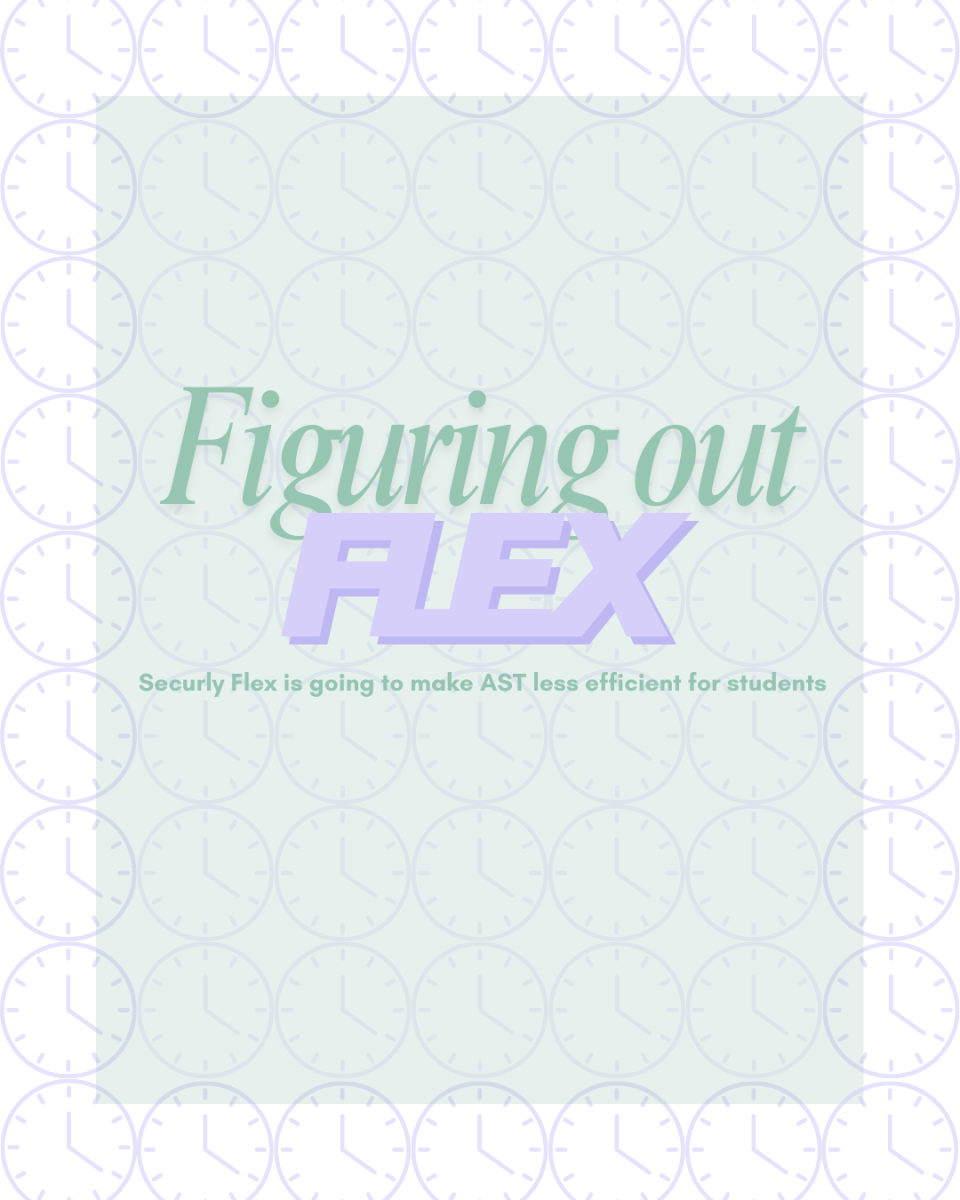We may not be the most visible or highly-publicized group in the school, but the fact that you’re reading this sentence right now proves the power of the written word.
The fact that you’re still reading proves how much power rests on the shoulders of the newspaper.
Thanks for giving us that power.
When I enrolled into Journalism I freshman year, I had no idea that I was starting something that would carry me through high school. Did I know that by the time I was a junior I’d be the editor-in-chief who started a newspaper at a new school? Absolutely not.
I’ve always liked to write, but journalism is much more than that. It’s the amazing people you interview you never would have met otherwise, the time you spend learning about obscure topics so you appear well-informed when you interview a school or district official or a coach of a sport you know nothing about, and the friendships you make with the people on staff and the sense of accomplishment and relief you get when you finally send a paper to press. There’s nothing else like it.
If you asked me whether or not you should take Journalism, I’m a teensy bit biased and I would definitely say yes.
Journalism isn’t easy. We write in AP style, and AP style and MLA formatting don’t mix. There are contradictions between writing for newspaper and writing for CA classes.
There are sometimes very strange hours and it’s a lot of time spent outside of school. It’s the longest-running activity in the school — sports seasons are around three months long; we start in mid-July and go until early May, with no “off-season.”
Pulling together an entire newspaper never gets any easier — you just like it more.
But being on a publication staff is one of the most worthwhile things you could be doing with your time.
Besides the obvious ‘it looks great on your college applications’ excuse, (which, by the way, it totally does), it’s one of the few classes during the school day where you’re a member of a team, not a person in a class.
You learn to adapt to problems and crises quickly, how to accept mistakes and work around them and how to deal with being at a higher or lower level than your peers — much like coworkers and bosses will be in the future. According to Jonathon Keiling, Assistant Director of Media Strategy at the Lawrence Journal-World, “the skills of good journalists are the skills of good citizens.”
You learn the importance of meeting deadlines, and I’d like you to name for me a class where that ISN’T important. It’s an almost completely student-led class, where students make the final decisions and are held legally accountable for those decisions. There have been multiple times this year when I’ve had to make choices that, had I chosen incorrectly, could have landed us (me) in a courtroom.
But beyond all the serious stuff, being on a publications staff is just fun. As long as you get your work done, you can have fun and let loose during class. The Frontier has had days in class and a few late nights where, in addition to getting the paper ready for publication, we’ve all been laughing so much we can’t breathe.
There are field trips and conventions, competitions and awards ceremonies and lots of pizza (usually scarfed down in five minutes flat by the entire staff). There’s even an honor society (Quill & Scroll).
Journalism has contributed to some of the best moments of my high school career. The high level of involvement in the school that comes with the job description of editor-in-chief, or, involvement in newspaper in general, has made me connect to Southwest in a way that countless spirit assemblies couldn’t. If you’re still looking for your niche in high school, looking for an organization that is truly run by students rather than teachers, looking for one of the best ways to connect to your school, newspaper can help you find your place.







